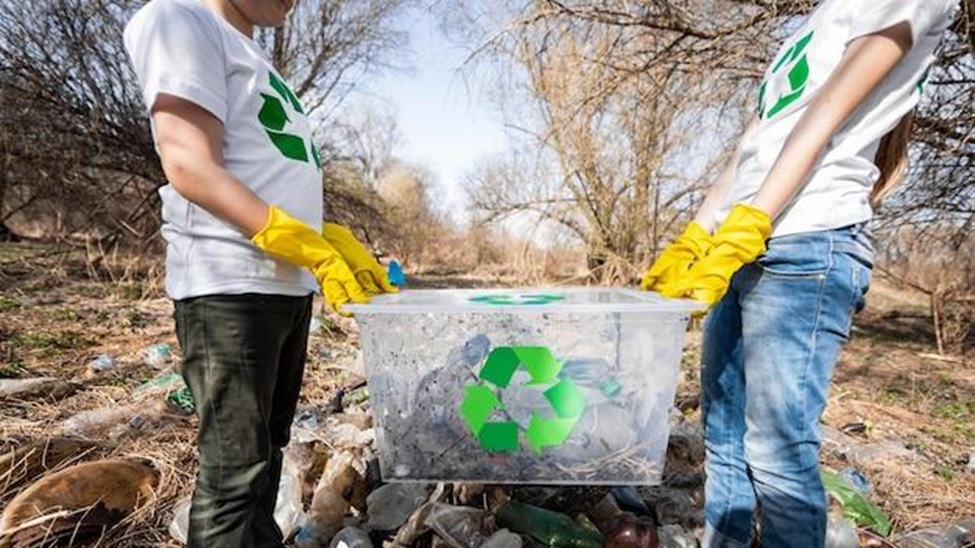
Waste management is essential for maintaining a clean and sustainable environment in both residential and large commercial sites. Effective strategies can help reduce waste, manage disposal costs, and promote recycling. Residential and commercial projects often require specific waste solutions to handle a variety of waste materials. Fortunately, there are practical options that can make waste management easy and efficient.
Here are some effective waste management strategies for both residential and commercial projects:
1. Skip Bin for Versatile Waste Management
A skip bin offers a flexible solution for both residential and commercial waste management needs. These bins come in various sizes, making them suitable for small home cleanups and large-scale construction projects. Professional skip bin hire services can guide you on local disposal regulations and allow you to dispose of mixed waste types, such as for residential clean-outs, construction projects, or commercial waste disposal. This service is especially convenient for projects generating high waste volumes because it ensures a single and organized disposal method. When choosing a skip bin, you should consider the size that fits the needs of your project. Larger bins work best for commercial projects, while smaller ones are suitable for residential cleanouts.
2. Residential Dumpster for Home Projects
A residential dumpster is a popular option for home renovations, landscaping, and other household projects that produce extensive waste. Consider a residential dumpster rental to keep your property tidy and ensure proper waste handling. These rentals are also available in different sizes, allowing for efficient disposal regardless of the project’s scale. Residential dumpsters provide a designated place for waste without cluttering your space. Many rental services offer eco-friendly disposal options, such as recycling and responsible landfill practices, which help minimize the impact on the environment.
3. Composting Organic Waste for Eco-Friendly Disposal
Composting organic waste is an excellent strategy for residential and landscaping projects that produce large amounts of organic material. It involves breaking down natural waste, such as food scraps, grass clippings, and plant debris, into nutrient-rich compost. This not only reduces landfill waste but also creates a valuable soil additive that can be reused in gardens or landscaping projects. Setting up a designated composting bin or pile allows for the systematic disposal of organic waste. For commercial properties, partnering with composting services can facilitate the composting of cafeteria waste, landscaping materials, and biodegradable items.
4. Waste Compaction for Large Commercial Projects
Waste compaction is a practical solution for commercial projects generating high waste volumes, such as construction sites or large office buildings. Compactors compress waste material, reducing its volume and making it easier to transport and manage. You can invest in compactors for hire compacting services to save on disposal costs and reduce the number of dumpster loads, which makes the waste removal process more efficient. Waste compaction is especially effective for bulkier waste materials like cardboard, packaging, and other commercial waste, helping organizations keep their project sites organized and clean. Moreover, waste compaction also helps minimize the environmental impact by reducing the frequency of waste transport to disposal sites.







